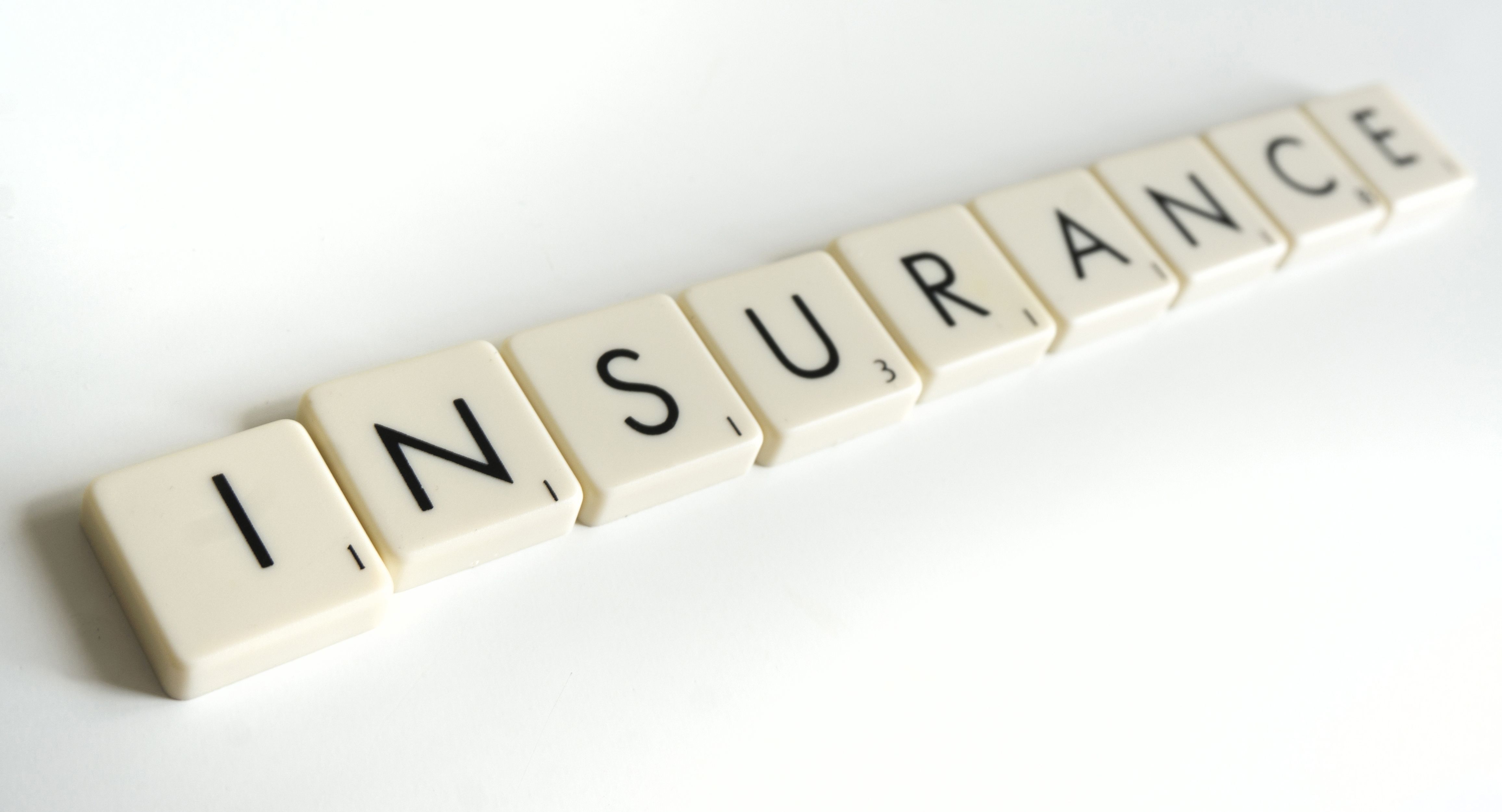Life Cycle Assessment (LCA) is a technique to assess the environmental impact of using a product throughout its life cycle. Essentially, life cycle assessment considers evaluating a product from raw material extraction, manufacture, distribution, use, repair and maintenance, to disposal or recycling.
The first studies, in the late sixties and early seventies when environmental awareness was in its infancy, looked at assessing the life cycle aspects of products and materials, especially, issues like energy efficiency, raw material consumption and waste disposal. Over the years, Life Cycle Assessment (LCA) broadened its ambit and now sweeps over a much wider range of industries, policymakers, scientific community, producers and retailers.
Almost a buzzword now, life cycle assessment is gaining popularity in the light of increasing sustainability concerns in India. Since the last decade, corporations have become increasingly conscious of environmental concerns, challenges stemming from climate change, and depletion of natural resources. Globally organizations are adopting new processes that are environmentally conducive.
Life cycle assessment is another tool in addressing the sustainability concerns. It is much like accounting; however, it focuses on efficient allocation and economizing of resources, (time, money, services etc). LCA tools are data management systems that help in measuring and tracking the impact of products/system from the design stage to end-of-life. For instance, a recent life cycle assessment of Indian glass containers, among its many others submissions, suggested that improvements in recycling along with a reduction in weight of glass containers would ensure a significant reduction in environmental impact, and at the same time increase the product’s competitiveness with reference to alternative packaging systems[1].
In the light of the positive impact of life cycle assessment on the product management processes and its role in addressing the sustainability concerns, FICCI in association with the United Nations Environment Program (UNEP) and The Society of Environmental Toxicology and Chemistry (SETAC) is organizing the Indian Life Cycle Assessment and Management conference (ILCM) during August 21 – 23, 2012 in New Delhi. The conference aims to bring Indian and International Life Cycle Assessment (LCA) and Life Cycle Management (LCM) experts, policymakers, producers, retailers and intermediaries together to explore the potentials of life cycle approaches for sustainable consumption and production. The event is also a flagship FICCI initiative, a first of its kind in India, and aims at promoting life cycle thinking and approaches for reducing environmental impacts of resource utilization. ILCM 2012 will also serve as a platform for disseminating knowledge, experience sharing, progress on LCA methodology, and its application in businesses (primarily in the Indian context). Click here to view more program, or register. For more information, please contact us at ilcm@ficci.com
[1] Cradle to Cradle Life Cycle Assessment of Indian glass containers





